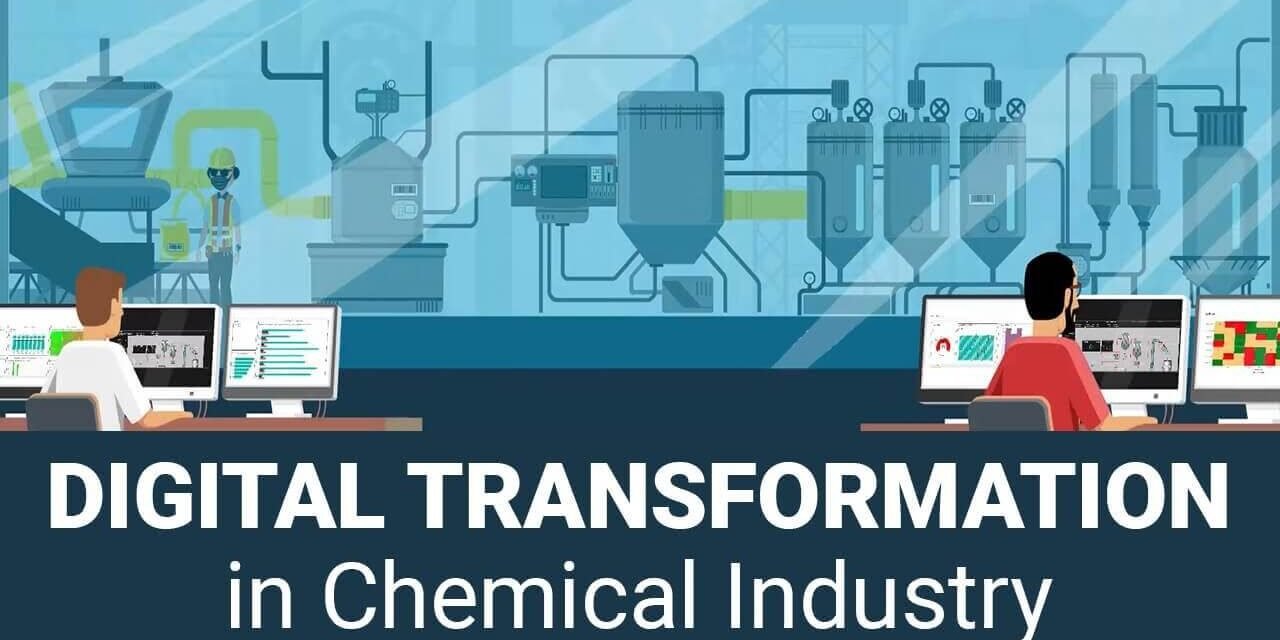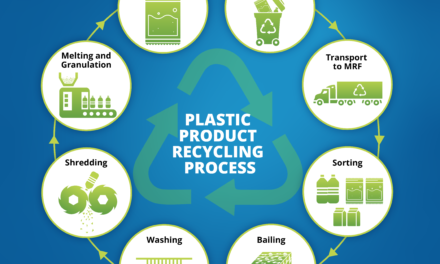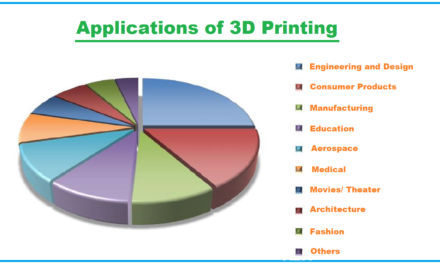Digital transformation is revolutionizing the basic chemical industry by enhancing efficiency, sustainability, and competitiveness. Here’s how:
1. Process Optimization
- AI and Machine Learning: Predictive models optimize production parameters, reduce downtime, and improve reaction yields.
- Real-time Monitoring: IoT sensors provide continuous monitoring of temperature, pressure, and other process variables, ensuring consistent quality.
2. Predictive Maintenance
- Using data analytics and AI, companies can predict equipment failures before they occur, reducing unplanned downtime and maintenance costs.
3. Supply Chain Management
- Digital tools enhance inventory tracking, logistics planning, and demand forecasting, ensuring seamless supply chain operations.
- Blockchain technology improves traceability and transparency in raw material sourcing.
4. Advanced Process Control (APC)
- Smart systems dynamically adjust operational parameters, minimizing energy use and waste while maximizing productivity.
5. Enhanced R&D
- Computational chemistry and digital twins enable faster development of new chemicals and processes, reducing reliance on costly physical experiments.
6. Energy Efficiency
- AI-driven energy management systems optimize power consumption and reduce energy costs by analyzing historical and real-time data.
7. Workforce Empowerment
- AR/VR technologies train employees in safety protocols and operational procedures, enhancing skill levels and reducing risks.
8. Sustainability Tracking
- Digital platforms measure carbon emissions, water usage, and waste generation, helping companies meet sustainability targets and regulations.
9. Customer-Centric Solutions
- Customization tools enable clients to specify chemical compositions or grades, supported by automated systems for precision production.
10. Cost Reduction
- Automation reduces labor-intensive tasks, lowers operational costs, and increases output efficiency.
11. Cybersecurity and Risk Management
- Advanced digital security measures protect sensitive data, intellectual property, and critical infrastructure from cyber threats.
12. Data-Driven Decision Making
- Centralized data platforms provide actionable insights across production, logistics, and sales, enabling informed decision-making.










